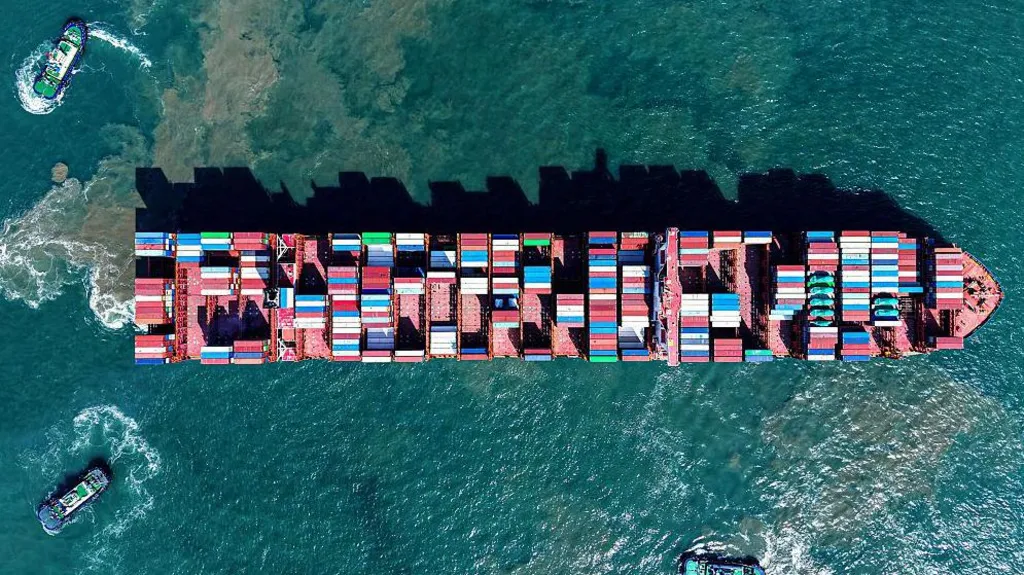
The shipping industry, responsible for moving nearly 80% of global trade, is facing a growing and costly threat: cyberattacks. Criminal networks and even hostile states are increasingly targeting vessels, ports, and shipping firms, exploiting the sector’s reliance on digital systems. minotaur fight store | minotaurfightstore
Nigerian Fraud Rings and Ransom Demands
London-based maritime lawyer Henry Clack of HFW regularly deals with international shipping companies hit by cybercrime. He says Nigerian organized crime groups remain some of the most persistent offenders.
“They’ve carried out several high-value ‘man-in-the-middle’ frauds in recent years,” Clack explains. In such schemes, hackers intercept email exchanges between businesses, impersonate trusted contacts, and attempt to steal financial data, login credentials, or gain control of entire IT systems. Once inside, the attackers often demand ransom to release stolen data or restore systems.
HFW’s figures show the financial stakes are rising fast. Between 2022 and 2023, the average cost of handling an attack doubled to about $550,000. Where experts cannot remove hackers, ransom payments have reached $3.2 million on average.
A Perfect Target for Disruption
The International Chamber of Shipping (ICS) warns that cybercrime is one of the top ten global threats to the maritime sector. According to ICS manager John Stawpert, attacks can quickly spiral into major disruptions.
“If criminals or hostile actors manage to disrupt operations through ransomware or other intrusions, the impact is significant,” he says.
Data compiled by researchers at the NHL Stenden University of Applied Sciences in the Netherlands shows a steep rise in attacks. Documented incidents jumped from just 10 in 2021 to at least 64 in 2023. Experts link some operations to state actors in Russia, China, North Korea, and Iran.
One example involved intelligence shared on Telegram channels about shipments bound for Ukraine, with hackers encouraged to disrupt the supply chain.
The Digital Weak Spots of Modern Shipping
Greater connectivity is both a blessing and a curse for shipping firms. The adoption of high-speed satellite internet services, such as Starlink, has brought crews online—but it has also created more entry points for cybercriminals.
In one unusual case, a U.S. Navy officer lost her command after installing an unauthorized satellite dish on a combat ship to boost internet access for herself and colleagues.
Aging fleets add another layer of risk. The average cargo ship is about 22 years old, and costly overhauls to update digital systems are infrequent. Outdated technology leaves ships vulnerable to attacks such as GPS jamming and spoofing, where hackers feed false location data to navigation systems.
Earlier this year, the container ship MSC Antonia ran aground in the Red Sea after what experts believe was a spoofing attack. Similar disruptions in the Baltic have been linked to Russian operations.
Ports face risks as well. From emission-monitoring sensors to container-tracking systems, the growing number of digital touchpoints provides hackers more ways to infiltrate logistics chains.
Fighting Back
The International Maritime Organization (IMO) has begun tightening cyber rules. Since 2021, its safety management code has required shipping firms to adopt cybersecurity frameworks—ranging from basic hygiene measures to advanced IT defenses.
Legal expert Tom Walters of HFW says these requirements mark a major shift: “They address deliberate cyberattacks and prescribe specific risk management practices that must be integrated into ship safety systems.”
Stawpert agrees the sector is more resilient today than a decade ago. “Awareness of cybercrime has grown massively across the industry, and that momentum will only increase,” he says.
Still, for lawyers like Clack, dealing with hackers remains part of the job. Negotiations are terse, he explains, usually limited to short, carefully worded online messages during ransom talks.
As global trade becomes ever more dependent on digital connectivity, shipping firms know the battle against cybercrime is only beginning.





